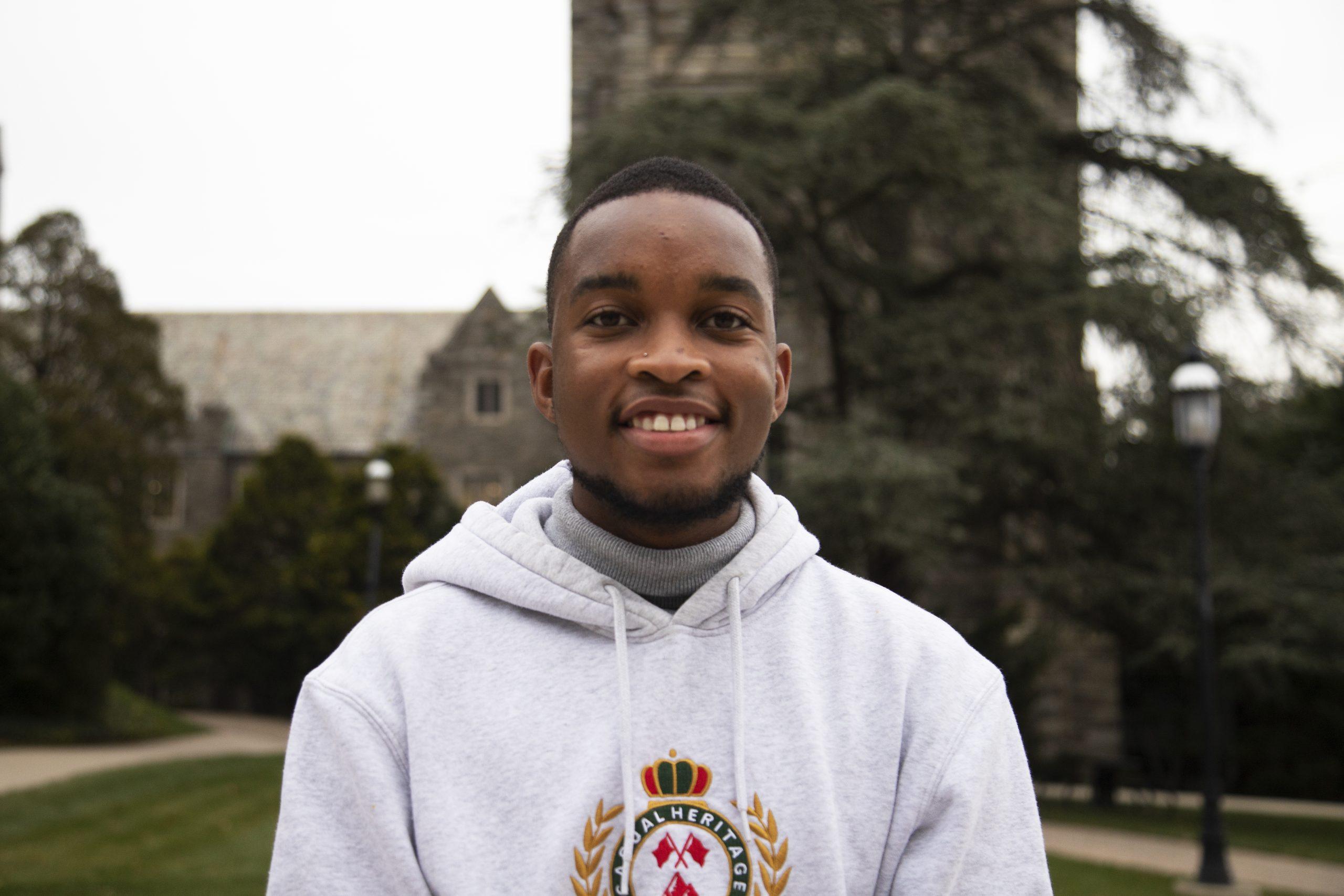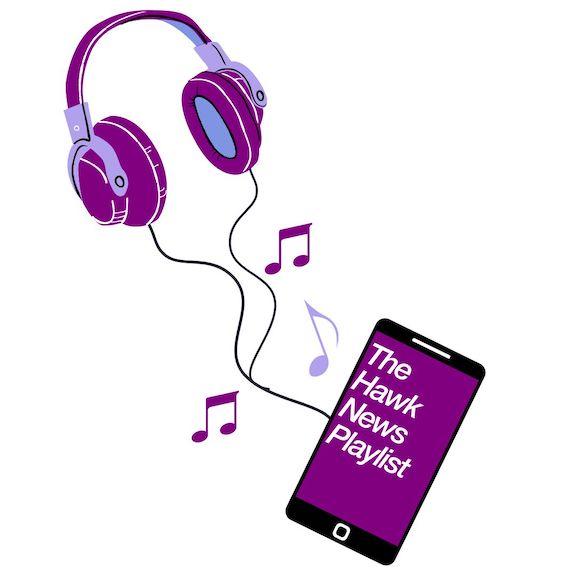Boemo Seboni ’25 was planning to return home to Botswana for winter break this year. That was until the U.S. imposed travel restrictions for non-U.S. citizens from Botswana, Eswatini, Lesotho, Malawi, Mozambique, Namibia, South Africa and Zimbabwe, citing the B.1.1.529 (omicron) variant of covid-19 that had been detected in several outhern African countries.
Non-U.S citizens like Seboni are unable to enter the U.S. from these countries as of Nov. 26 when the travel ban went into effect.
“I was planning to go home, but now I’m going to be with my cousins in the U.S.,” Seboni said. “It’s kind of frustrating and really just upsetting honestly.”
While the variant has not been detected in all of the countries with restrictions, the U.S. proclamation states that travelers from these countries would have to reside for 14 days in a third country not included in the ban, as well as produce a negative covid test before being allowed into the U.S. As of Dec. 6, the variant has been detected in 18 states in the U.S. and 55 countries.
That means before Seboni could return to school from Botswana, he would have to travel to another country that allows travel from Botswana and stay there for 14 days.
“It’s the uncertainty, and it’s kind of a waste of money,” Seboni said. “To go to another place for 14 days, I wouldn’t get to spend as much time at home.”
Meryl Halpern, director for the Office of International Students and Scholars (ISS), said Seboni is the only student currently affected by the new travel bans. Two other students reside in nearby African countries, but these countries are not currently under any travel restrictions.
“The time between the fall and spring semesters is not like the summer, so there’s not a lot of time,” Halpern said. “I’m just checking in with those students [affected] to see if they have travel plans. And if so, did they want to think about changing those travel plans.”
Halpern said she and the ISS Office will stay open during the winter break and will try to keep any students affected as informed as possible.
“We want to make sure that everybody has all the information that they need before they travel so that they don’t face any undue risks in terms of not being able to get back for the spring semester,” Halpern said.
Kelly Bersett, associate director of Housing and Operations, said the Office of Residence Life offers different options for international students who need to stay on campus for any reason during winter break. Housing options include Rashford Hall, McShain Hall, Merion Gardens Apartments and the Morris Quad Townhouses, all of which remain open and staffed over break periods.
“If they live in those buildings, they just need to apply to stay for the break in those locations,” Bersett said. “If they don’t live in one of those locations, they would need to find a host friend in one of those buildings that would give them permission to use their space during the winter break. If they were unable to find a host, our office has some limited space, and we would work with them to give them a space in one of those buildings.”
Bersett said the Office of Residence Life is still collecting winter break housing information and will work with students on a case by case basis. The deadline for Residence Life’s Winter Break Request Form is 5 p.m. on Dec. 15.
“There’s still quite a bit of time for students to submit that request to stay over the winter break, and we are certainly recognizing that people are navigating different travel plans and things like that,” Bersett said. “That’s why we try to be flexible.”
Seboni said he hopes he will be able to visit Botswana in 2022, during the spring or summer. In the meantime, he will try to make the best of the situation and travel within the U.S. if he can.
“I may actually travel around to a few different places in the States if I get the opportunity, like New York or D.C.,” Seboni said.














































